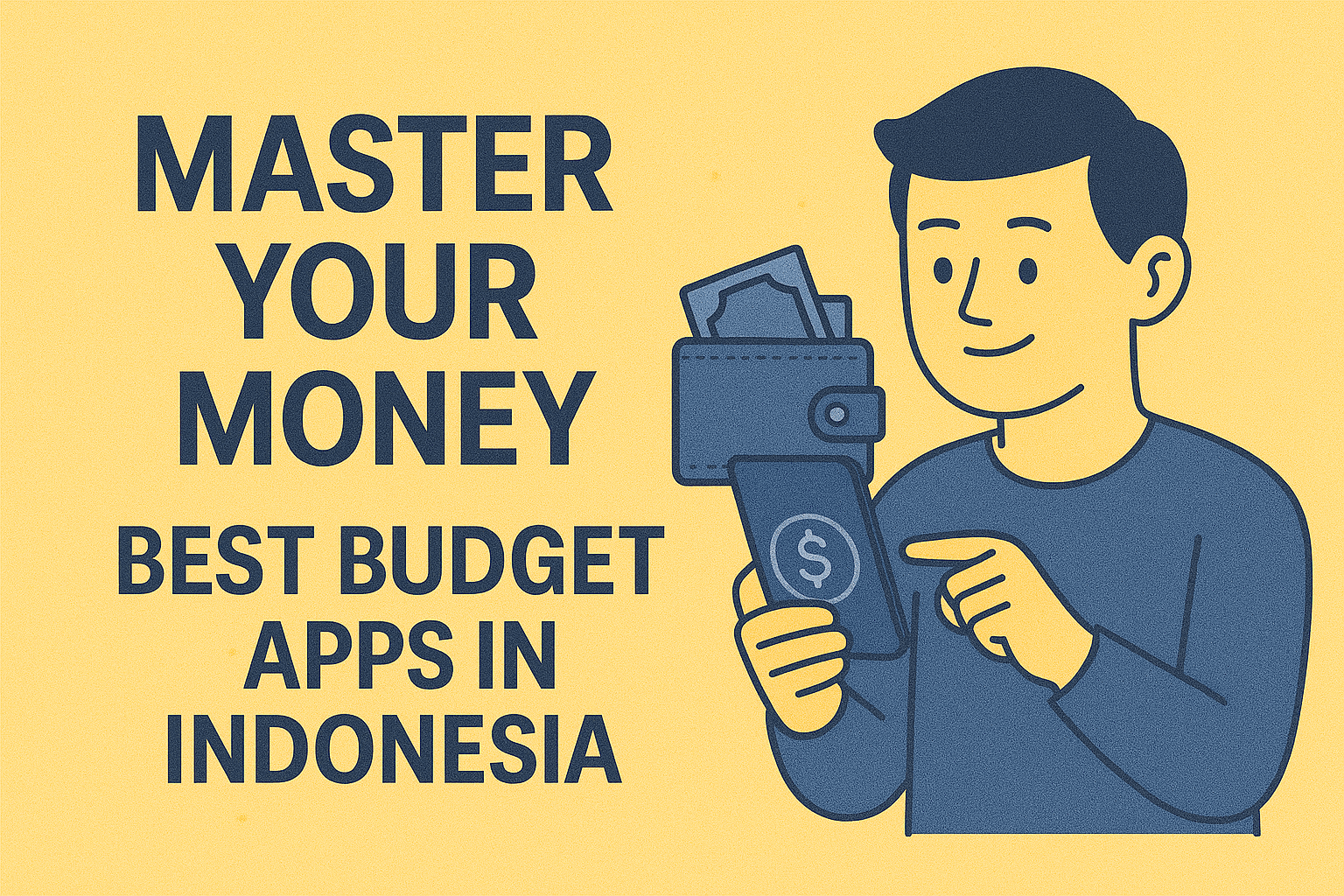Indonesia’s fintech landscape is experiencing unprecedented growth. Among the driving forces behind this boom are the best budgeting apps in Indonesia, which cater to a dynamic economy, a tech-savvy population, and growing demand for digital financial services.
With mobile technology becoming more affordable, even rural regions now access fintech platforms like GoPay, Ovo, Dana, and LinkAja. These services offer payment processing, fund transfers, and digital wallets, facilitating financial inclusion.
Importantly, fintech providers adhere to stringent data privacy laws. Regulations by Indonesia’s Financial Services Authority (OJK) ensure companies prioritize user data protection. Consumers now trust fintech solutions thanks to these safety protocols.
Driven by consumer demand, innovation is thriving. Platforms increasingly offer real-time transaction tracking, AI-powered insights, and savings tools. Companies like ALAMI Sharia and Fazz exemplify the sector’s explosive growth heading into June 2025.
Explore more on financial technology innovation by visiting PrimeFinanceTech
Key Features of Effective Budgeting Apps
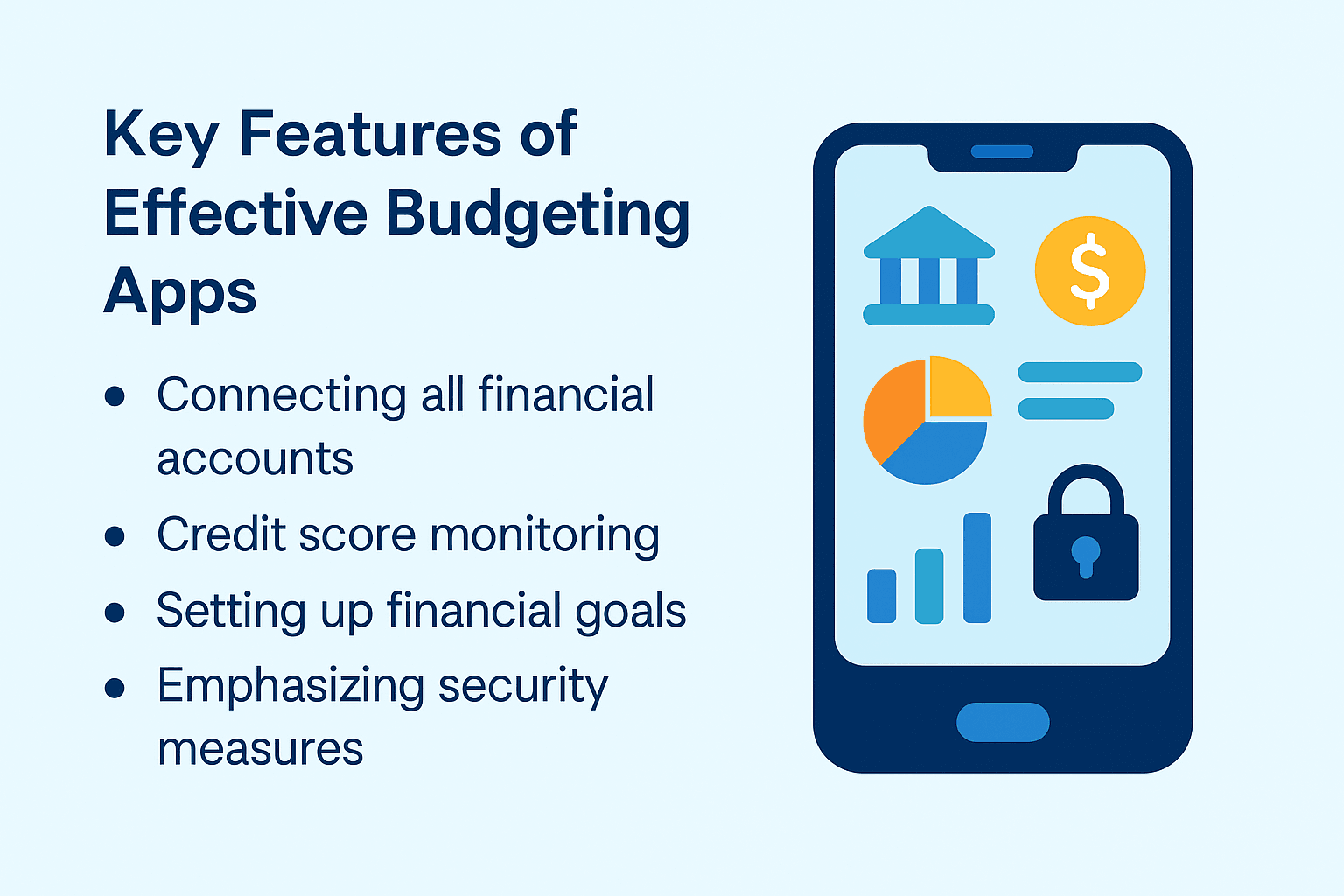
Effective budgeting apps simplify money management. Users can link financial accounts, track credit scores, and define saving goals in a few taps.
Apps such as YNAB (You Need A Budget), PocketGuard, and Money Lover allow users to design budgets, monitor expenses, and receive alerts for upcoming bills. These tools improve accountability.
Advanced applications often integrate with digital banks. This creates a seamless experience for users managing money across platforms. Mobile-first budgeting apps in Indonesia, like Jenius, emphasize smooth integration with banking services.
Security is a top priority. These apps offer AES-256 encryption and multi-factor authentication. Some budgeting apps also support trial periods or offer free versions to attract and retain users.
Learn about choosing apps wisely in our guide to digital banking tools.
Real-Time Expense Tracking: Keeping Tabs on Spending
Real-time tracking is crucial in Indonesia’s evolving fintech scene. Startups now focus on giving users immediate insight into their spending patterns.
Personal finance apps like BukuKas and BukuWarung have inspired a new wave of expense tracking tools. These apps combine real-time data collection with seamless integration into everyday banking.
Banks and e-wallets like LinkAja and ShopeePay now allow syncing across multiple accounts. This enables users to understand their finances holistically and make smarter decisions quickly.
Moreover, AI is making these tools smarter. Real-time alerts and auto-categorization features help users adjust spending behavior almost instantly.
Tracking expenses in real-time is no longer optional—it’s a necessity in today’s financial ecosystem.
Personalized Financial Insights: Custom Advice to Save More

Budgeting is more powerful with personalization. Tools like Fintrack deliver AI-driven insights tailored to user behavior.
Apps like FinTERZ and FINETIKS help users set budget categories, track monthly expenses, and manage cash flow with ease. They offer tailored advice to help users hit their financial goals.
Empower Personal Dashboard™ enhances the experience by blending real-time expense tracking with investment oversight. It provides actionable insights for both spending and net worth growth.
Personalized advice enables smarter saving strategies. It also allows consumers to make data-driven decisions when setting financial priorities.
These insights are essential for users aiming to maximize the effectiveness of their budgeting tools.
Bank Statement Analysis: Understanding Your Financial Health
Bank statement analysis tools are revolutionizing money management. These tools transform raw data into actionable financial insights.
In Indonesia, startups are integrating these analyzers to help users track income sources, recurring expenses, and cash flow trends. This allows users to gain better control over their financial lives.
By linking with banks and digital wallets, tools like Fintelite.ai parse transaction histories to flag unusual behavior and highlight potential savings.
With AI integration, users receive monthly summaries, anomaly alerts, and forecasted budgets based on past behavior. It’s like having a digital financial advisor in your pocket.
This technology is becoming an essential feature in the modern budgeting app.
Bank Jago: Leading the Innovation Wave
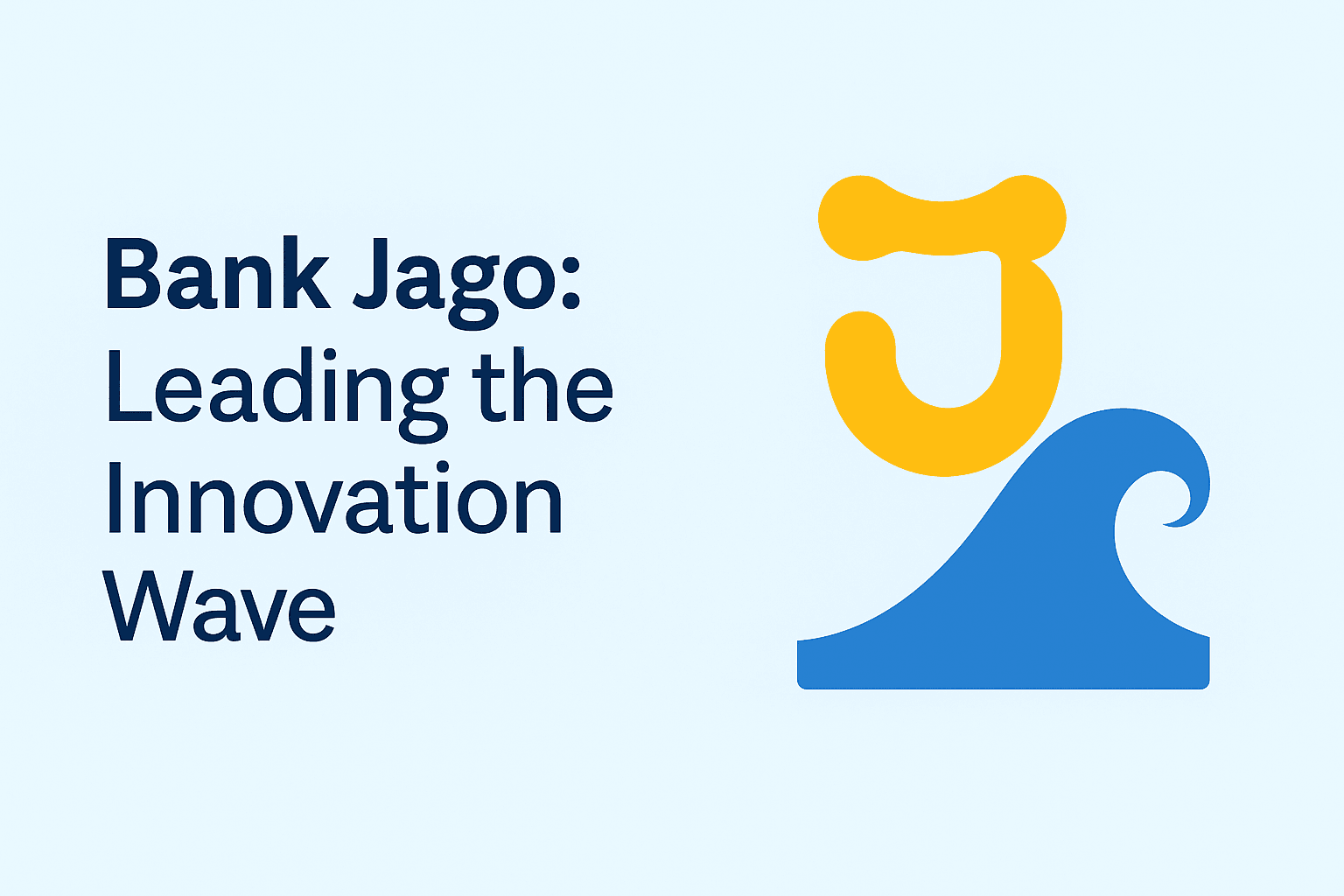
Bank Jago, formerly known as PT Bank Artos Indonesia Tbk, is at the forefront of Indonesia’s digital banking revolution.
After rebranding in 2020, Bank Jago partnered with Gojek, enabling full integration with the Gopay ecosystem. This strategic move helped millions access banking services easily.
Its unique feature, Jago Pockets, allows users to manage up to 60 customizable digital wallets. These wallets serve distinct purposes like saving, paying bills, or investing.
There are no monthly fees, and the interface is fully digital. These design elements have made Bank Jago popular among younger users.
This collaboration reflects how banks and fintech startups are working together to enhance financial accessibility.
Blu by BCA Digital: Seamless Banking Experience
Blu by BCA Digital targets millennials and Gen Z with intuitive design and modern features.
The app enables users to manage funds using multiple savings pockets, track goals, and access free intra-bank transfers. It’s efficient and cost-effective.
Backed by Bank Central Asia (BCA), Blu benefits from traditional banking infrastructure while offering cutting-edge fintech functionality.
Its sleek interface and user-friendly dashboards make it ideal for digital-native customers looking for practical money management tools.
Blu is a testament to how legacy banks can successfully adapt to the digital age.
Fintelite: Advanced Money Management Tools
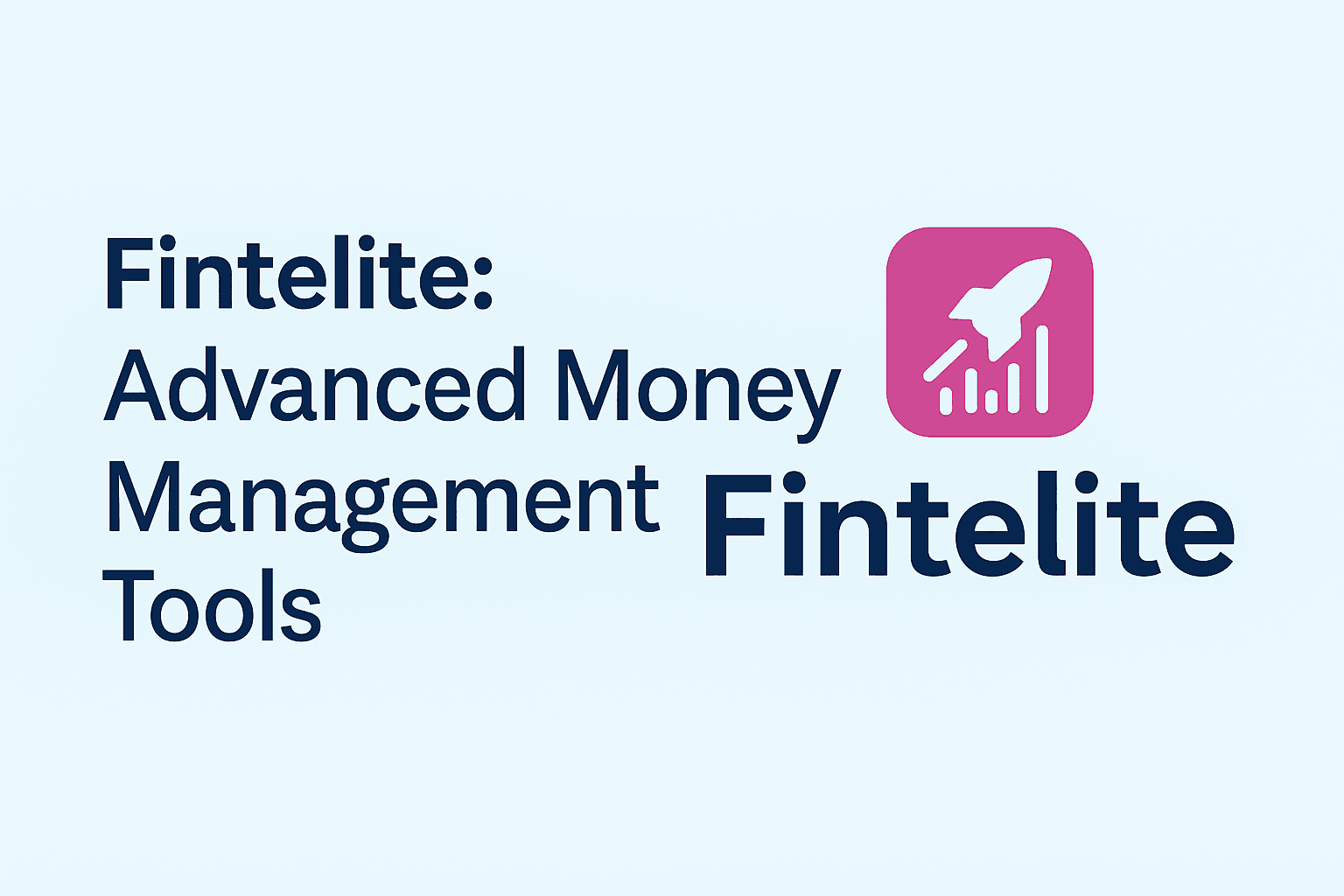
Fintelite.ai has become a leader in bank statement analysis in Indonesia.
Its strength lies in automating financial reporting and expense classification. Users benefit from categorized breakdowns and simple export features for sharing with accountants or financial planners.
Businesses in fintech, e-commerce, and logistics increasingly rely on Fintelite for its precision and speed.
This tool not only helps individuals but also enhances B2B financial processes across sectors.
It sets a high standard for digital budgeting and expense tracking technologies.
Honest Bank: Transparency and Simplicity Redefined
Founded in 2019, Honest Bank has championed transparency and simplicity in banking.
The company raised $33.6 million from major investors like Orient Corporation, supporting its mission of financial inclusion.
Located in Jakarta, Honest Bank offers services free from hidden costs. Its platform is designed to be user-friendly and easy to understand.
By focusing on underserved communities, it’s redefining how trust and fairness operate within digital banking.
Honest Bank is helping reshape banking by making finance understandable for everyone.
Making the Right Choice: Factors to Consider
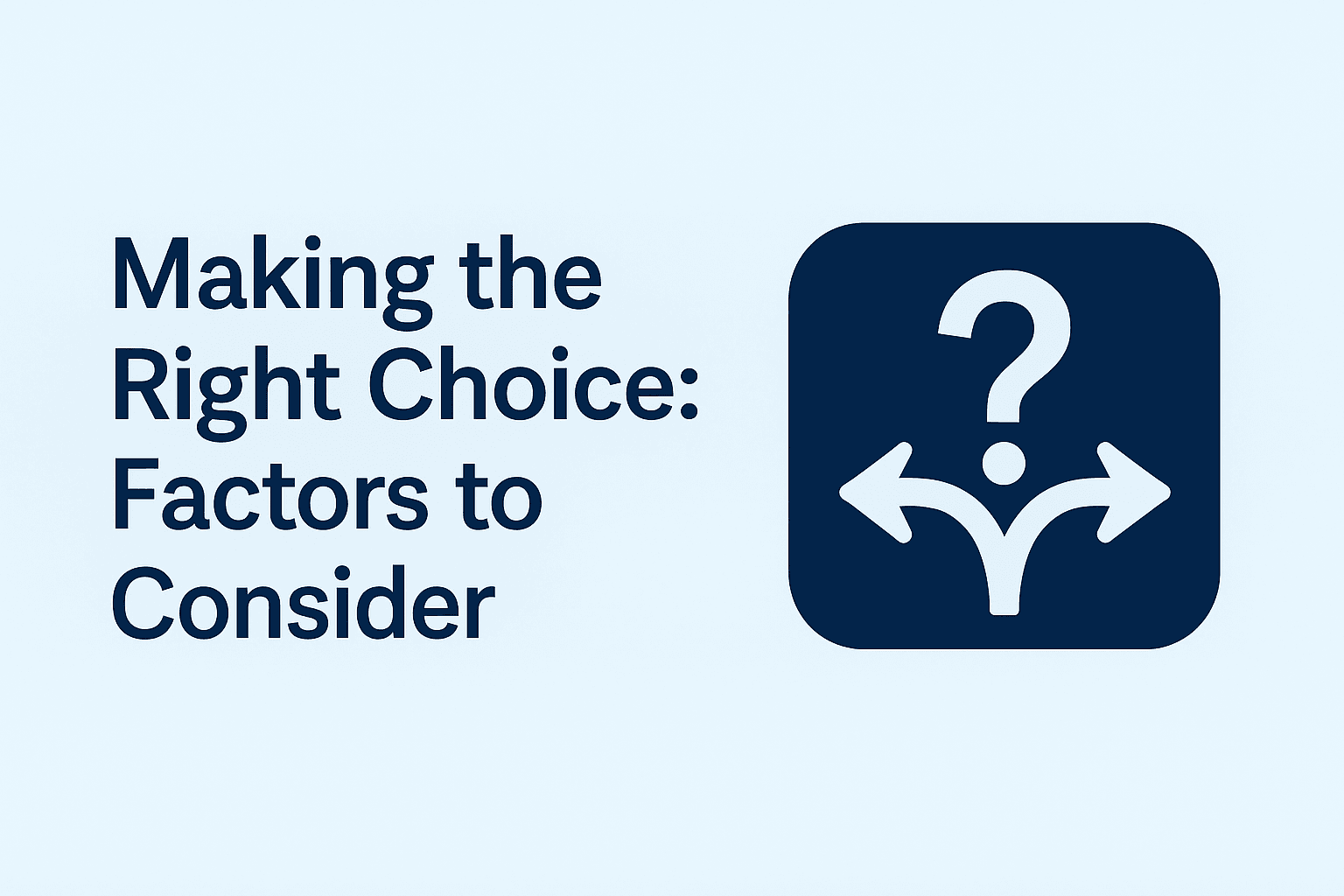
When selecting a budgeting app, users must weigh convenience, data privacy, and compatibility.
Look for tools that sync multiple accounts, support goal tracking, and simplify expense management. Apps with intuitive interfaces and reliable customer support stand out.
Apps like Jenius and TMRW by UOB minimize entry barriers. They allow low-denomination transactions and simplified KYC verification processes.
Ensure your app complies with OJK standards, supports ISO27001 certification, and implements AES-256 encryption. These protocols protect sensitive financial data.
Smart choices help ensure users receive both value and peace of mind.
Technological Innovation: Staying Ahead of the Curve
The fintech market is booming. It’s projected to grow from $340.10 billion in 2024 to $1152.06 billion by 2032.
In Indonesia, fintech apps help users manage spending, budgeting, saving, and even investing.
The convergence of traditional banking with digital solutions signals a new era of financial services. Tools that integrate with bank APIs, offer mobile-first interfaces, and support biometric logins are now industry standards.
To maintain competitive edges, fintech firms in Indonesia must stay agile and responsive to user needs.
Technology must evolve with security, scalability, and user satisfaction in mind.
Cost Efficiency: Budgeting Without Breaking the Bank
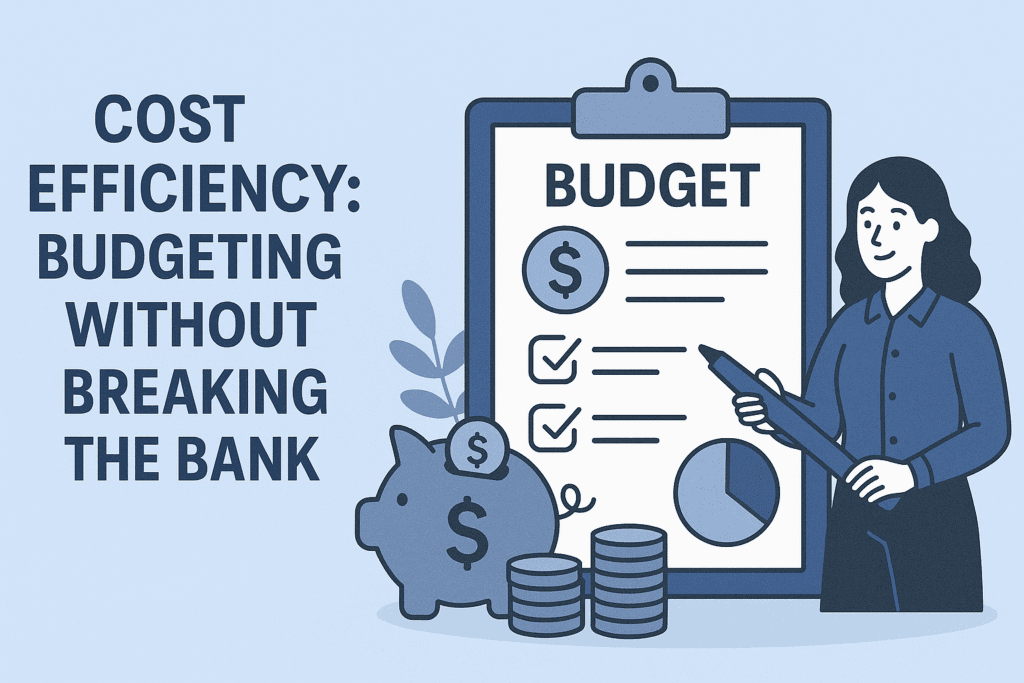
Many apps in Indonesia offer cost-effective budgeting tools. Some are entirely free, while others monetize through ads or subscriptions.
Desktop versions are often clunky. Mobile versions offer smoother interfaces, making them ideal for everyday use.
Apps demand consistency. Users must spend time entering transactions and reviewing progress. But these efforts pay off in the long run.
Platforms that integrate with banks save users time by automating many tasks. Real-time syncing enhances visibility and decision-making.
Cost efficiency is not just about price—it’s about maximizing value.
Security and Privacy: Protecting Your Financial Data
Security is non-negotiable in fintech. Apps must offer 256-bit encryption, two-factor authentication, and secure cloud storage.
Always choose apps that are licensed by OJK and comply with Indonesia’s cybersecurity standards.
Read privacy policies and check how apps handle and store your data. Avoid apps that share data with third parties without consent.
Well-known apps like Monefy, Goodbudget, and Wallet by BudgetBakers prioritize transparency in their security protocols.
Security ensures long-term trust and adoption.
User Experience: The Role of Design and Accessibility

Fintech success in Indonesia relies on accessibility. Lower data costs and better smartphones have improved app reach.
Apps like Whiz offer financial literacy features for kids and parents. Others simplify interfaces for broader usability.
The design must support real-time engagement and seamless synchronization with financial accounts.
Simple, engaging UX leads to higher user retention. It also helps financial tools become daily-use essentials.
Accessibility is about empowering all users, not just the tech-savvy.
Future Trends in Budgeting Apps
The future is bright for budgeting apps in Indonesia. As we approach 2025, expect platforms to integrate budgeting, investing, and savings into one interface.
Personalized wealth management features are becoming standard. Apps like BudgetMaster lead this trend with integrated investment advice.
The global market for financial software is projected to hit $49.9 billion by 2033.
Fintech apps are transitioning into full-service digital banking platforms. They’re becoming more robust, smarter, and more user-centric.
Fintech is no longer just a trend. It’s the future of banking.
Conclusion: Financial Empowerment Through Technology

Fintech has evolved from a niche to a global necessity. It empowers people to manage their money efficiently, securely, and independently.
Indonesia is emerging as a fintech leader. The country’s digital infrastructure and startup culture fuel its rapid progress.
Apps now offer more than just tracking—they offer strategy, insight, and control. Tools that sync with accounts and offer personalized advice empower users to make informed choices.
With growth expected to reach $1152.06 billion globally, fintech is revolutionizing how people interact with their finances.
Budgeting apps are at the core of this shift—making money management easy, smart, and future-ready.

